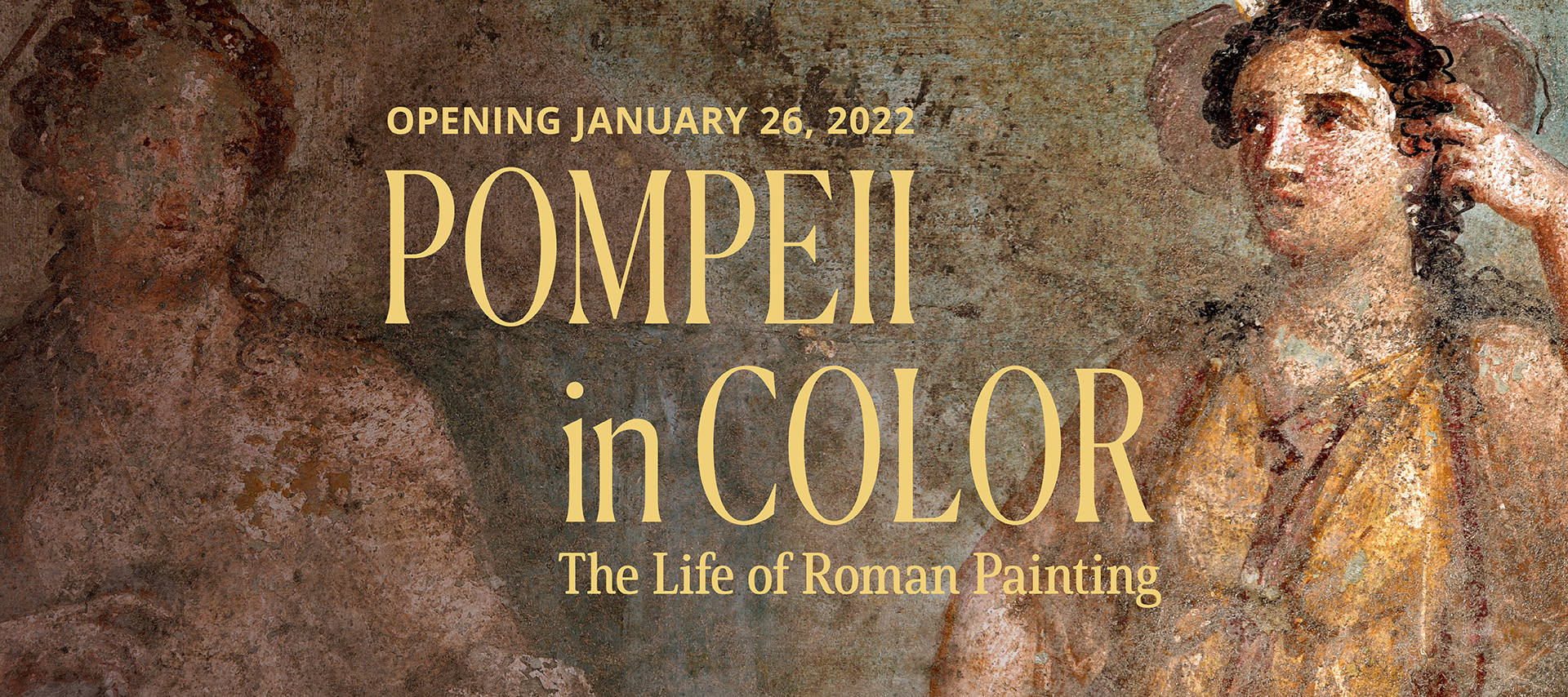Pompeii in Color: Cycles of Discovery, Innovation, and Wonderment
Eric Poehler
University of Massachusetts Amherst
Having emerged, quite literally, from the ashes of Mount Vesuvius, Pompeii has proven to be a kind of archeological Phoenix. More than a symbol of destruction and rebirth, Pompeii has offered each generation a cycle of discovery in which excavation reveals new materials that spurs a sense of fascination among both scholars and the public. This, in turn, leads to research that generates both new understandings and new questions that drive the desire for new discoveries. Such cycles, however, are not all of equal kind or quality, and some spark a revolution in Pompeian studies, and beyond. It is the revolutions that are the focus of this paper. From the early antiquarian interests of the 18th century to the intensive digital investigations of the early 21st, the methods that archeologists employ at Pompeii shape how we understand the ancient city. At the same time, the evolving condition of the city and scale of its excavation change what can be studied, demanding the development of new methods and the abandonment of others. Throughout, what remains unchanged is the sense of wonderment that each new discovery at Pompeii produces, presenting the ancient world in vibrant, living colors.
Eric Poehler is Professor of Classics at the University of Massachusetts Amherst. He has published widely on Roman urbanism, infrastructure, and architectural history, authoring or co-authoring more than 25 articles and book chapters, as well as the books Pompeii: Art, Industry, and Infrastructure (2011) and The Traffic Systems of Pompeii (2017). Poehler is also active in the digital humanities, formerly serving as the Director of the Five Colleges Blended Learning and Digital Humanities programs and as Co-Director of the Digital Humanities Initiative at the University of Massachusetts Amherst. His major digital project, The Pompeii Bibliography and Mapping Project, was awarded the Archaeological Institute of America’s 2018 Award for Outstanding Work in Digital Archaeology. This project served as the basis of his latest project, the Pompeii Artistic Landscape Project, co-directed with Sebastian Heath and generously funded through the Getty Foundation.
This lecture is given in conjunction with ISAW's exhibition Pompeii in Color: The Life of Roman Painting. The exhibition is made possible by generous support from The Achelis and Bodman Foundation, the Samuel H. Kress Foundation, and the Leon Levy Foundation. Additional funding provided by Victoria Newhouse.
Please check isaw.nyu.edu for event updates.
ISAW is committed to providing a positive and educational experience for all guests and participants who attend our public programming. We ask that all attendees follow the guidelines listed in our community standards policy.
